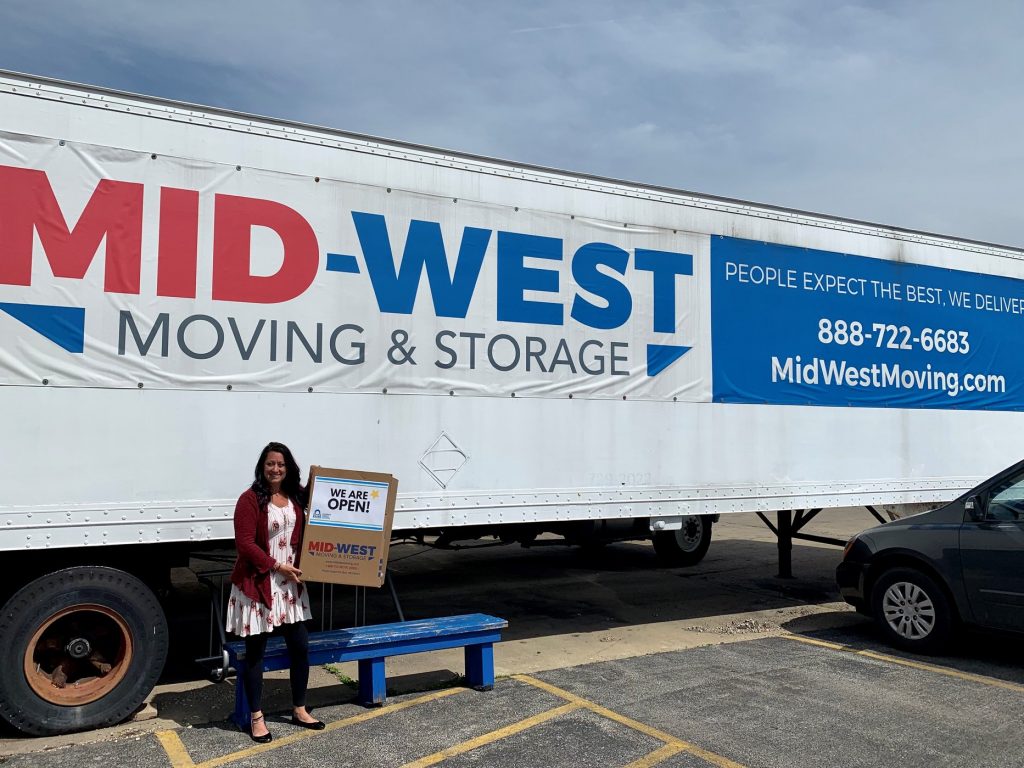Last Updated on June 25, 2021 by Kari-Ann Ryan
Relocating a business to a new state is an exciting event. Moving a company across state lines, however, can also be a stressful time—especially when a relocation approach is unclear. Here are tips for moving four types of businesses out of state and into greener pastures.
Why do businesses relocate?
Companies shift locations for numerous reasons. In general, businesses see an opportunity to offer improved goods or services or reduce operational costs. Some company owners aim to give employees and themselves a better quality of life—and a location in a new state can accomplish that goal.
Proximity to important clients and customers also prompts a business relocation. An office with larger square footage, and fitted with the latest technology, attracts growing corporations, necessitating a move. Or, reaching specialized professionals may be possible only in certain geographic locations.
On the other hand, shifting to a location out of state comes with a range of unavoidable risks. Companies stand the chance of losing local customers or loyal employees who are unable to relocate. A company budget may be overspent to facilitate the move.
When the pros outweigh the cons and moving to a new state is essential, company owners should be prepared for detailed planning and a reasonable relocation budget. Expect a taxing period of short-lived stress, since relocating a business is an incredibly complex task.
1. Sole Proprietorship
Business owners who run a company as a sole proprietorship are not required to register upon moving to the new state. However, when operations stop in the original location, company owners must cancel any business licenses and permits held with the current state.
After relocating to the new state, sole proprietors should apply for new licensing and permits. Operating a business legally and immediately upon arrival requires this step. Different industries are expected to comply with various licensing requirements, such as for a plumbing or general contractor license.
Although a sole proprietorship may not have been registered in the current state, the new state may have different regulations. Companies operating as a DBA (doing business as) may be required to register in the new state; at this point, discontinue the previous one from the former state.
2. Partnership
Similar to a sole proprietorship, partnerships are not required to register in the new state. The exception is when the partnership conducts business under a name different than a personal one. Bear in mind that in a partnership, all parties must agree on the relocation.
Both partners must also agree on the logistics of the move. Prior to moving the partnership, complete any existing projects. Transfer the business name to the new state. Cancel existing licensing and permits and apply for new ones necessary to conduct business in the new state.
The new state may enforce different requirements for running a business. Depending on the industry, a business may need to be bonded and insured. If bond insurance is a requirement at the destination, apply before moving; once settled in the new state, business can continue with limited disruption.
3. LLC
A company operating as an LLC must register with the new state. Upon moving an LLC to a new state, the new state recognizes the business as a foreign LLC. Many businesses are formed in one state and conduct operations as a foreign LLC in one or more states.
Domesticating the LLC is another option. The process of domestication involves officially transferring an LLC from the current state to the new one. Filing a certificate of good standing from the former state, plus articles of domestication with the secretary of state or similar agency, will be required.
A third, yet more complex, option is to form a new LLC in the new state. The LLC associated with the current state will be dissolved during the process. Forming a new LLC may be the best choice, especially if the new state does not allow domestication.
4. Corporation
Corporate relocations are among the most complex. Stakeholders and owners should be in agreement about the important aspects of the move. State regulations differ when relocating a corporation; plus, the type of corporation, such as an S-corporation or C-corporation, makes a difference.
Relocating business owners might opt to register the corporation as a foreign corporation conducting business in a new state (while continuing as a corporation in the current state). Or, dissolve the corporation and form a new one in the new state.
A third option for moving corporations is to conduct a reorganization. The corporation is formed in the new state, resulting in a merge between the old and new corporation. The new state may require Articles of Incorporation or new governing documents, including bylaws, to resume operations.
Work with a Commercial Mover
Moving a business to a new state takes immense preparation and planning. A part of your relocation plan should be to include a reliable commercial mover, such as Mid-West Moving & Storage. We provide affordable relocation services for businesses of all sizes.
Mid-West Moving & Storage crews are highly experienced and trained to move a wide range of office goods. Whether you are moving bulky machinery, fragile technology equipment, or standard office furniture, our teams streamline the process and significantly reduce your relocation downtime.
Companies that work with our locally recognized moving company will be designated a project manager to oversee the relocation from start to finish. All business documents, merchandise and electronics are safeguarded and handled securely during transport to the final destination.
While countless area companies rely on Mid-West Moving & Storage for efficient relocation services into or out of Chicago, we also handle moving manufacturing and trade show equipment. Our moving crews handle all goods carefully to prevent damage during packing, loading, and unloading.
Contact Us
Schedule your upcoming office relocation with Mid-West Moving & Storage. We’ve successfully moved companies, both large and small, into and out of the Windy City for nearly forty years. When you aim to minimize stress during an office move, work with our experienced teams.
Contact us at 847-593-7201 for details.















